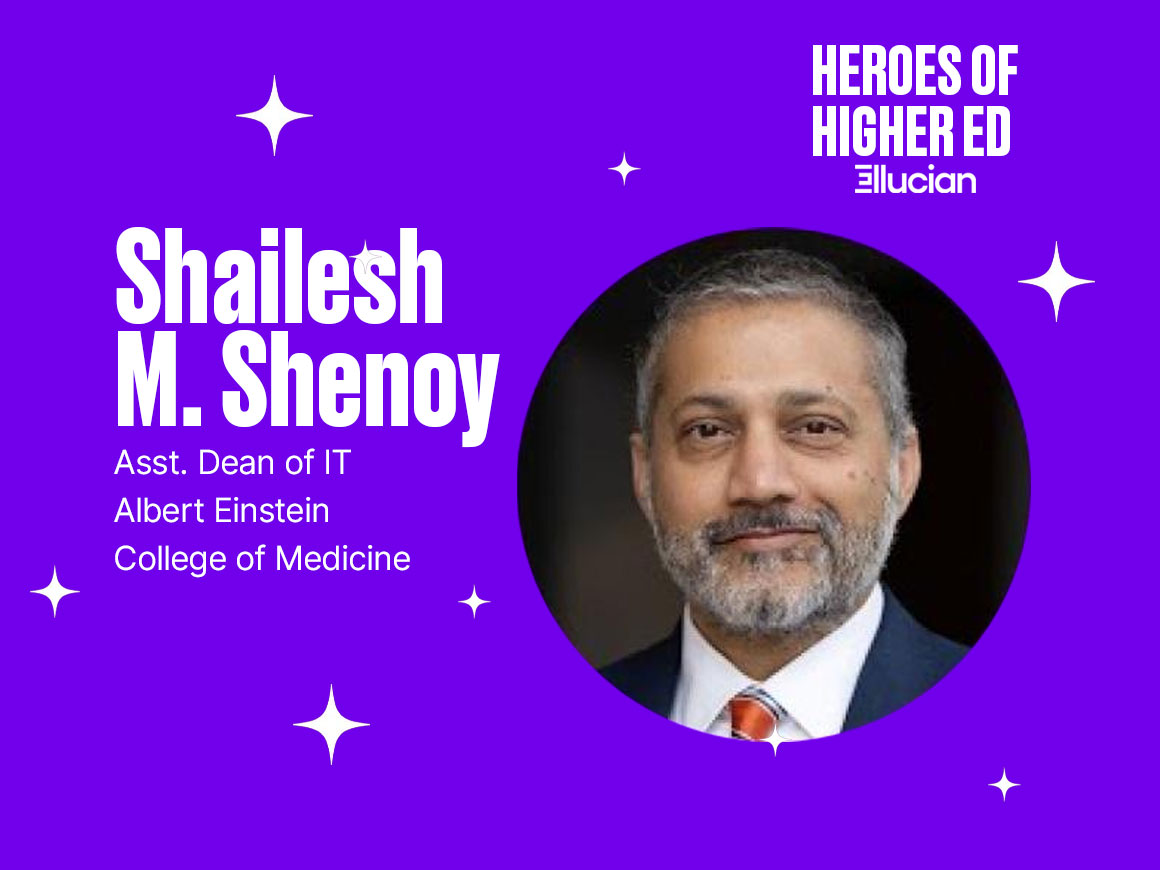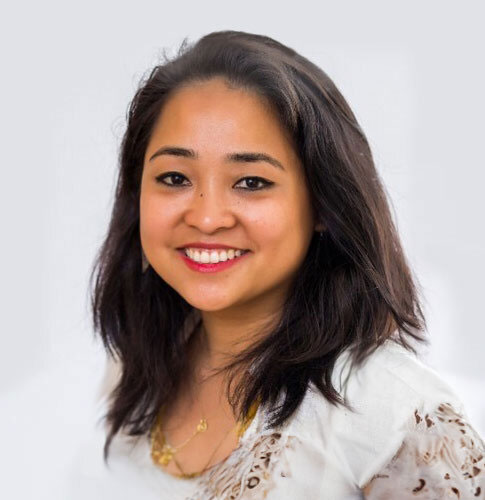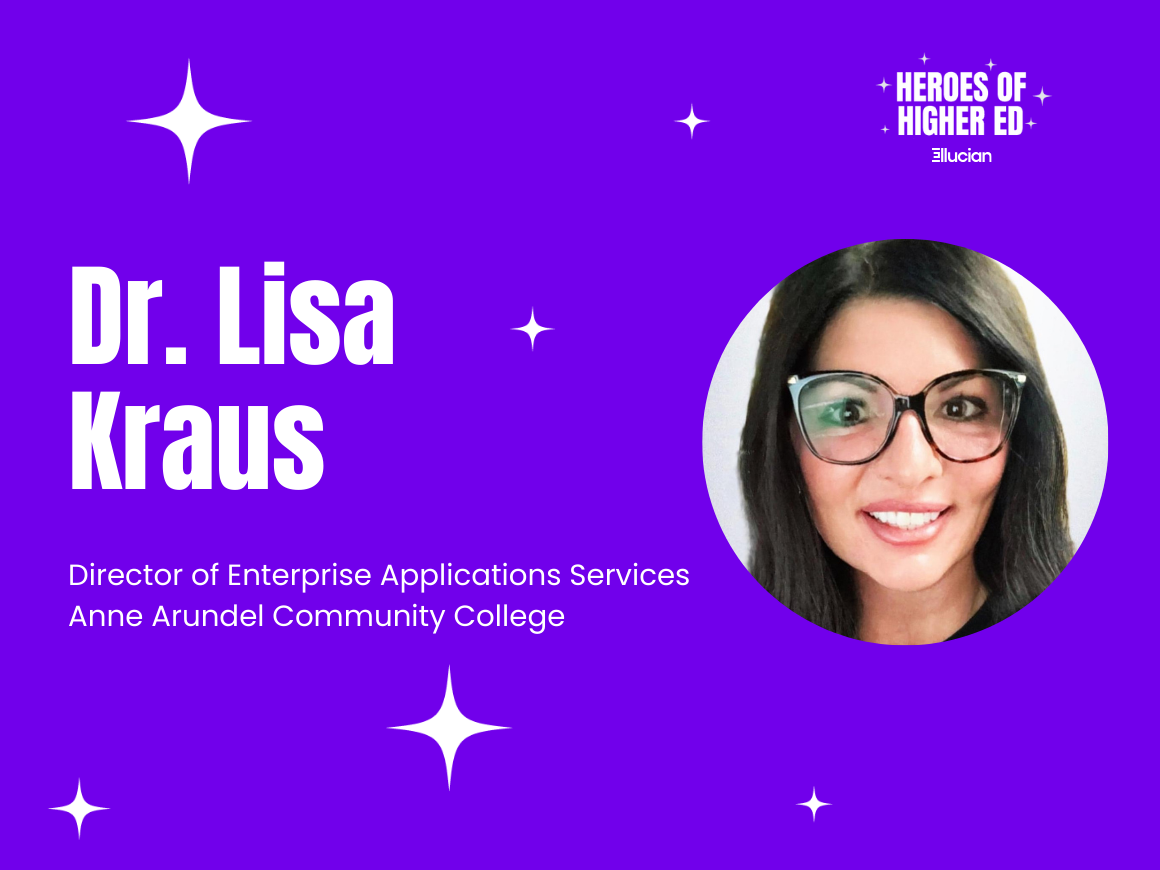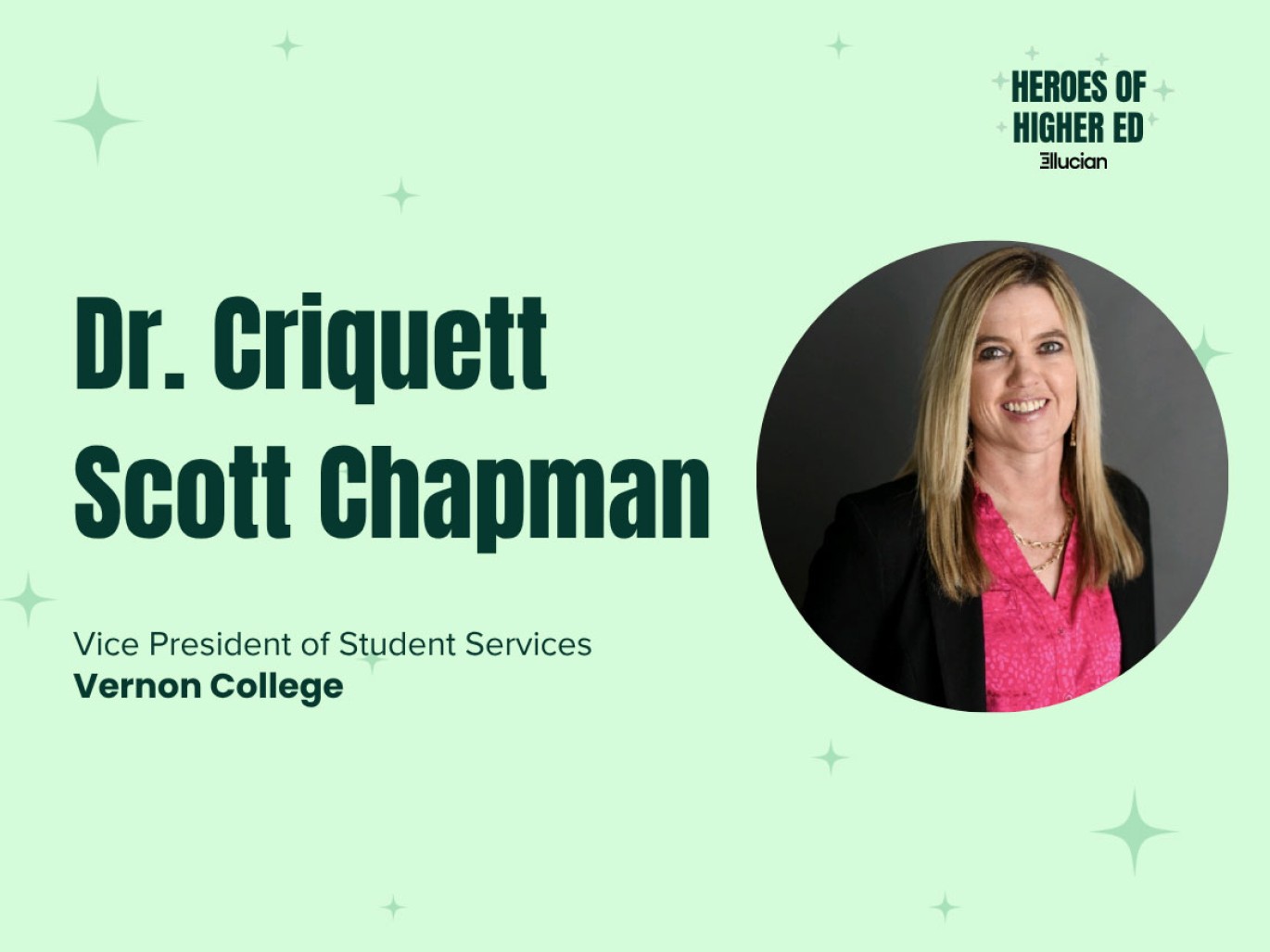For many CIOs in higher education, the opportunity lies not just in maintaining operations, but in transforming legacy systems into modern, responsive ecosystems that actively empower students, faculty, and staff. Shailesh Shenoy, Assistant Dean for Information Technology and Director of the Office of Research Computing at Albert Einstein College of Medicine, understands this better than most.
With a background that spans biomedical research, engineering, and high-performance computing, Shailesh brings a rare systems-level perspective to institutional technology leadership. He's a passionate advocate for innovation with purpose—leveraging AI, automation, and modern infrastructure to reduce friction, unlock student success, and make every tech investment count.
That's why we're proud to feature Shailesh in this month's Heroes of Higher Education. We sat down with him to talk about his approach to tech governance, the critical role of empathy in IT leadership, and how he's helping Einstein move faster, think smarter, and stay aligned with the evolving expectations of today's learners.
What first sparked your interest in higher education, and how did your journey from research to IT leadership unfold?
I worked in a research laboratory at the University of Massachusetts Medical Center, and the research laboratory moved to Einstein. We were doing biomedical research in biology and neuroscience. My background is in engineering, building optical microscopes to look at single molecules of RNA and living cells. Working with innovative multidisciplinary teams was really a lot of fun.
Over the years, there were other opportunities within the institution. I got involved in high-performance computing and then research computing, and became responsible for all of IT to the CIO. It's been a great opportunity to help the institution succeed. I understand what the expectations and needs are. While working as a researcher, I was in a department responsible for not just doing academic research but also graduate and medical education. I was exposed to the different components of how the school operates. In my role now, it's helped me appreciate what people are doing and what they need.
How has your background in research shaped the way you approach technology and innovation in higher ed?
Research is all about innovation — people driving towards discovering new knowledge. Working on a multidisciplinary team with people who are biophysicists or cell biologists is really fascinating. On any given day, you never know what you'll see. It's very exciting and a great environment. In my role now, there's quite a bit of innovation.
The concept in technology is to identify current opportunities and figure out how to make them better — to set higher expectations for what people get from the technology. How do we have the information flow between systems in ways that increase efficiency and give people the opportunity to make better decisions? How do we do things with lower costs? With innovation, we should be able to do things better and at a lower cost. There are wonderful opportunities and challenges to do more with less.
How is your institution approaching the responsible use of AI, and what governance considerations are guiding that strategy?
It's really a matter of how we embrace AI responsibly. So, what are the elements of governance we need to consider to ensure that what we do is explainable? AI is not a replacement for human curiosity — that's something innate to who we are. The way we leverage AI today, it's important to remember it isn't omniscient or all-knowing. You need to treat AI as a partner on your team, someone you can ask questions and even challenge. When you get a response, ask: "Are you sure?" or "Why do you think that?" If you can't have that kind of interaction with AI, then you're not using it responsibly.
At our institution, one of our key priorities as we adopt these technologies is ensuring explainability. We're intentional about using language models that have been curated — models free from prejudice or other unwanted influences. The pace of advancement is extraordinary. We're now able to do things with technology that would have been impossible just two years ago. It's truly an amazing time.
How do you see your role contributing to student success—both directly and indirectly?
Students are under enormous growing pressure. Every year the body of knowledge that a student has to become familiar with to be successful in their career and trajectory grows so much. How is it that they make that information accessible so students can absorb the right information — and mature, develop, grow, and live their lives all at the same time. Achieving a work-school balance is super challenging. The things we can do (with AI) are making it as easy as possible for people to do the routine things that were once really laborious.
Years ago, doing the necessary administrative tasks would take a lot of time. What are the things that we could do now to make information more easily accessible. What are the things that we can do to make information more searchable and findable? What are the things that we can do to leverage technologies to help students collaborate and access things easily. For example, students can watch lectures on demand and can do so at different speeds. They can find the portion of the lecture that was interesting or that they need to reference.
It also includes the ability for a student to be financially successful. What are those things that we could do to help students find opportunities to offset the cost of living and tuition?
All of that combined is an important element of this. So, every individual has a different way of interacting with an information system. People expect to be able to use and access technology from anywhere, at any time, and from any place. It's just not on-campus using a terminal; it's also on a phone when traveling. These are tremendous opportunities.
In higher education, tech typically doesn't evolve as quickly as in business. We're evolving as fast as our audience is evolving to meet the needs of our students, faculty, and staff.
What milestone or initiative are you most proud of in your time at Albert Einstein College of Medicine?
I have to say that it's particularly rewarding to be able to do this job. I really love what I do, and it's a real privilege. One thing about it is that it's different every day. When you love what you do, it's not a job, and that's the validation. It's really great!
A big inflection point in my career was realizing that the goal is not to make 100 percent of the population 100 percent happy. It's very, very challenging to do that — that's not the goal we should have as leaders. We want to make sure that we're thinking about the preponderance of the population and that we try to move the technology forward and enable people to do more with less — fewer resources, fewer dollars, less space, fewer people.
When you see that and see cycles of success in the population, that's what's really great. It's not my success or the success of initiatives that we have; it's when you see that success in the institution — with students, faculty, and staff. Their success drives it, and that's what makes it really fun!
Is there anything you could change about your job?
One of the things about higher ed is that we have a lot of ambition about what we want to achieve. What we want to achieve with our student population and the community. We can influence the community and build pipelines to help inspire and educate the next generation of learners. We want to do so much, but there are not enough resources to get that done.
It's not always the highest priority for people to understand why we want to do this. There are so many great ideas and things that we want to do. There are limits on how much we can get done in any given year. There are not enough resources for us to help inspire and help people understand the opportunities out there.
The chair of the Board of Trustees, Dr. Ruth Gottesman, gave an inspiring gift of a $1 billion endowment to make medical school tuition free. We have two other main degree programs — a Ph.D. in Biomedical Sciences to excel in biology, neuroscience, and biochemistry. We also have a combined degree medical scientist training program, which results in an M.D./Ph.D. Both the M.D./Ph.D. and the Ph.D. programs have been tuition-free for decades.
The M.D. program was not, and Dr. Gottesman saw an opportunity to help people who would not normally decide to apply for medical school, or they'd have to pick a specialty in which they made enough salary to be able to pay off their loans. Now these candidates don't have to consider that when applying to our school. It's pretty amazing and very inspirational. What a real change that this has created. Every single student at Einstein is tuition-free.
It's a wonderful community and an inspiration to have that type of backing from our philanthropists and leaders. It's created opportunities that would not have existed otherwise. It's a transformational gift for our students.
Has your background helped you to be a better CIO at your institution?
Absolutely! Technology is the backbone of what we do. Without these tools, you're not going to succeed.
One of the things I was exposed to as a researcher, educator, and learner is what are the impediments that we have from technology. We haven't solved everything, but we try to break down those barriers to help people be more efficient so that technology is an enabler. The fact that I have direct awareness of that and a nontraditional background to become a CIO has provided me with the insight necessary to have empathy for what people experience.
We know that sometimes there's a disconnect between the person providing technology solutions and the constituent needs. Having that awareness is really important, and I can understand what people complain about when they say things are inefficient.
What advice would you give to someone considering a career path in higher ed tech leadership?
I think it's really about being able to do at least one thing well. Of course, intellectual curiosity is very important, but in higher ed, know one thing that drives you, whatever that might be. It might be literature or basic science — whatever intellectually drives you to be successful. It doesn't matter if the role is as a faculty member, a member of the staff, or the administration. It's that intellectual drive that really pushes the community because that's really what higher ed is about. It's about ideas and there's no substitute for good ideas. The discussions are ultimately about ideas and learning.
I think that's a fundamental prerequisite for being successful in higher ed — having that one thing that you're really good at, curious about, and that really drives you.



